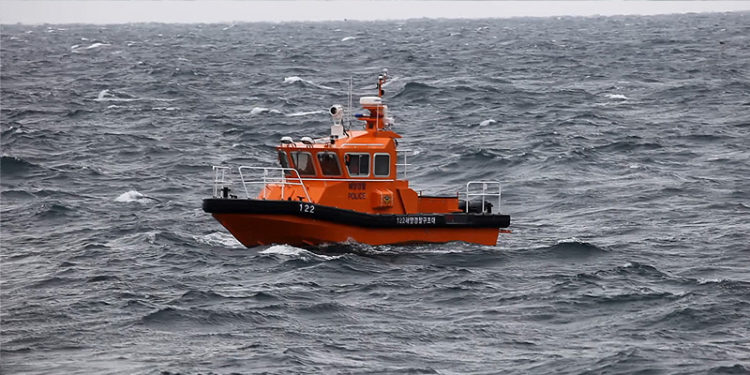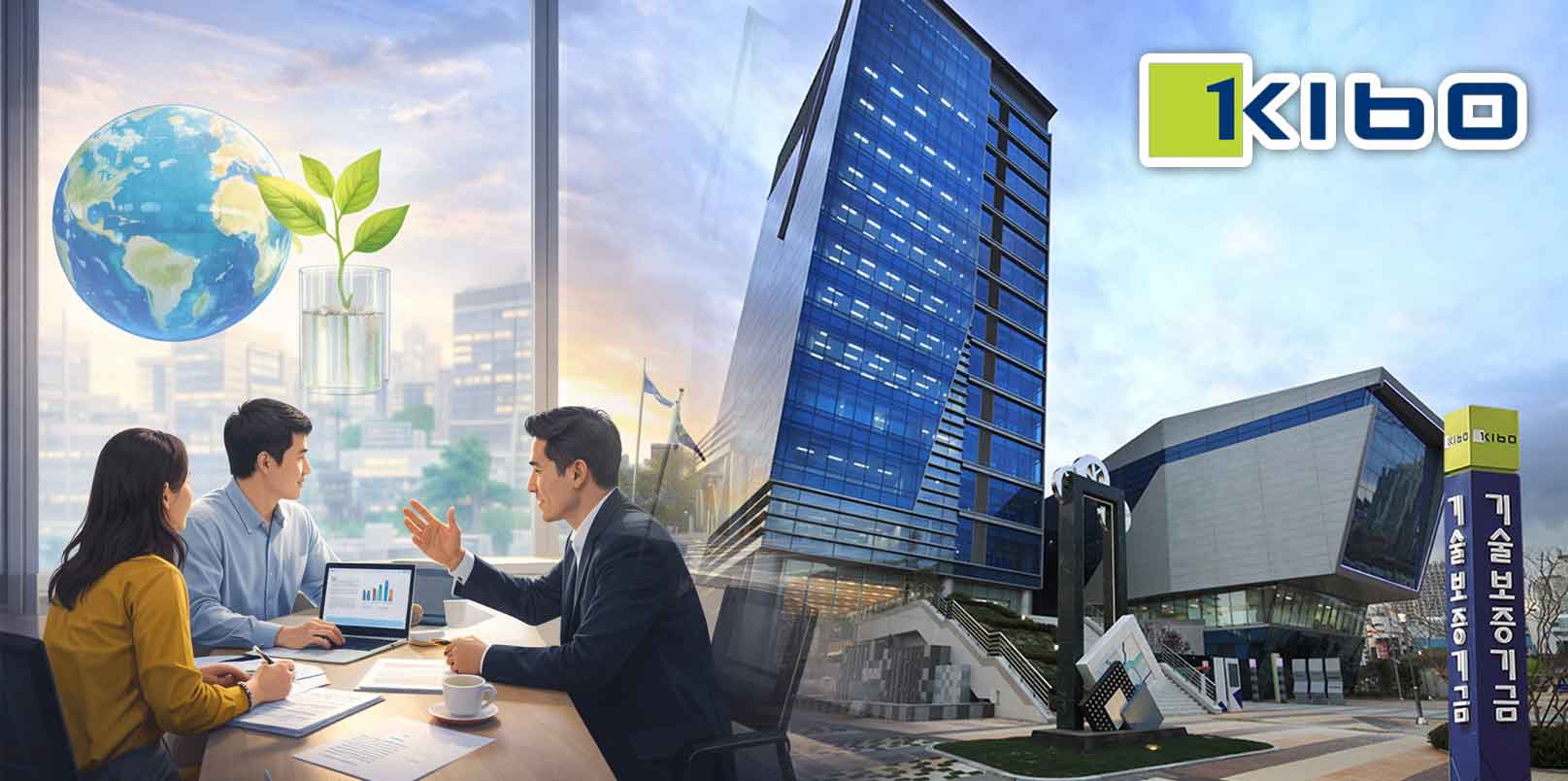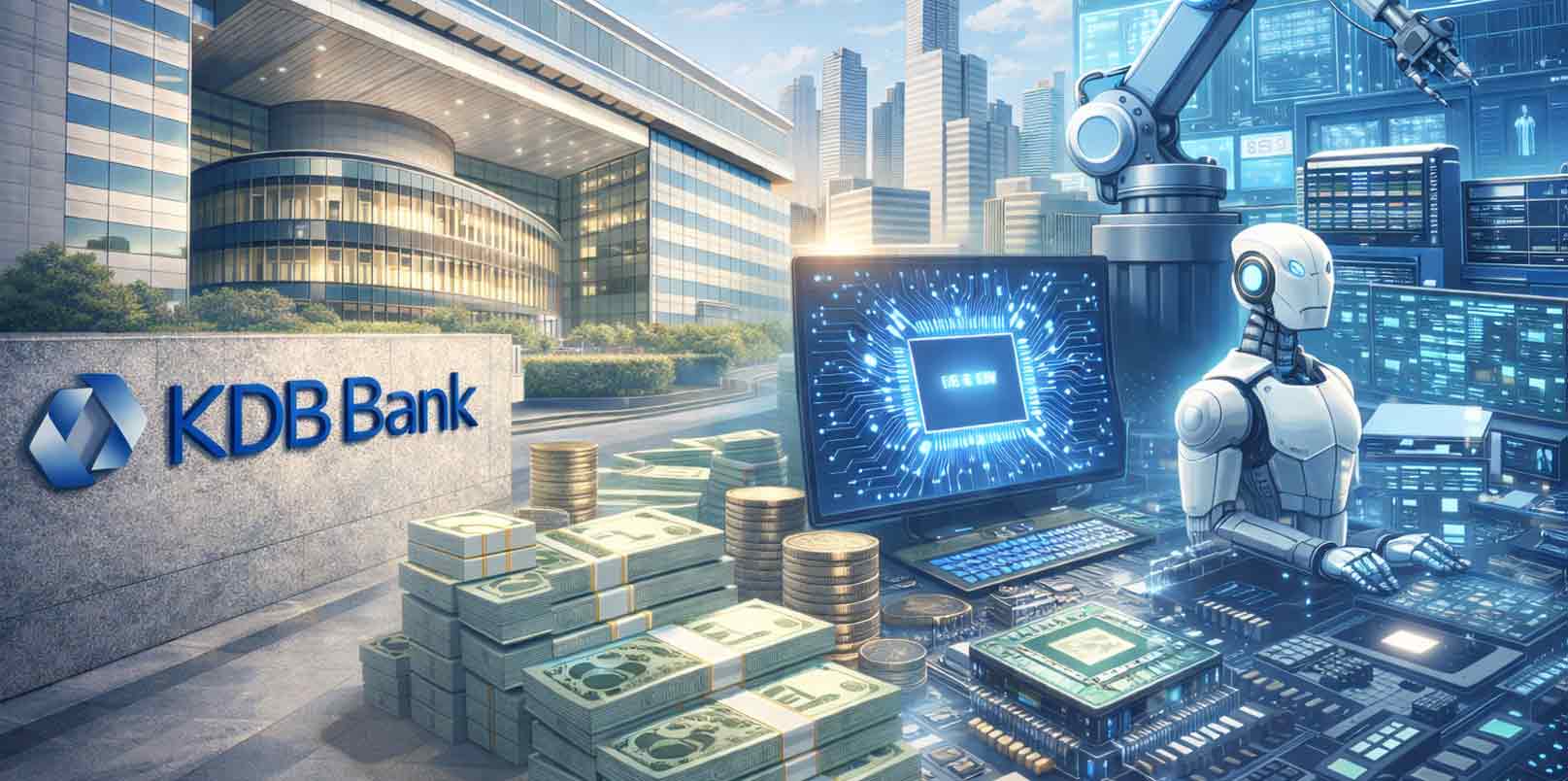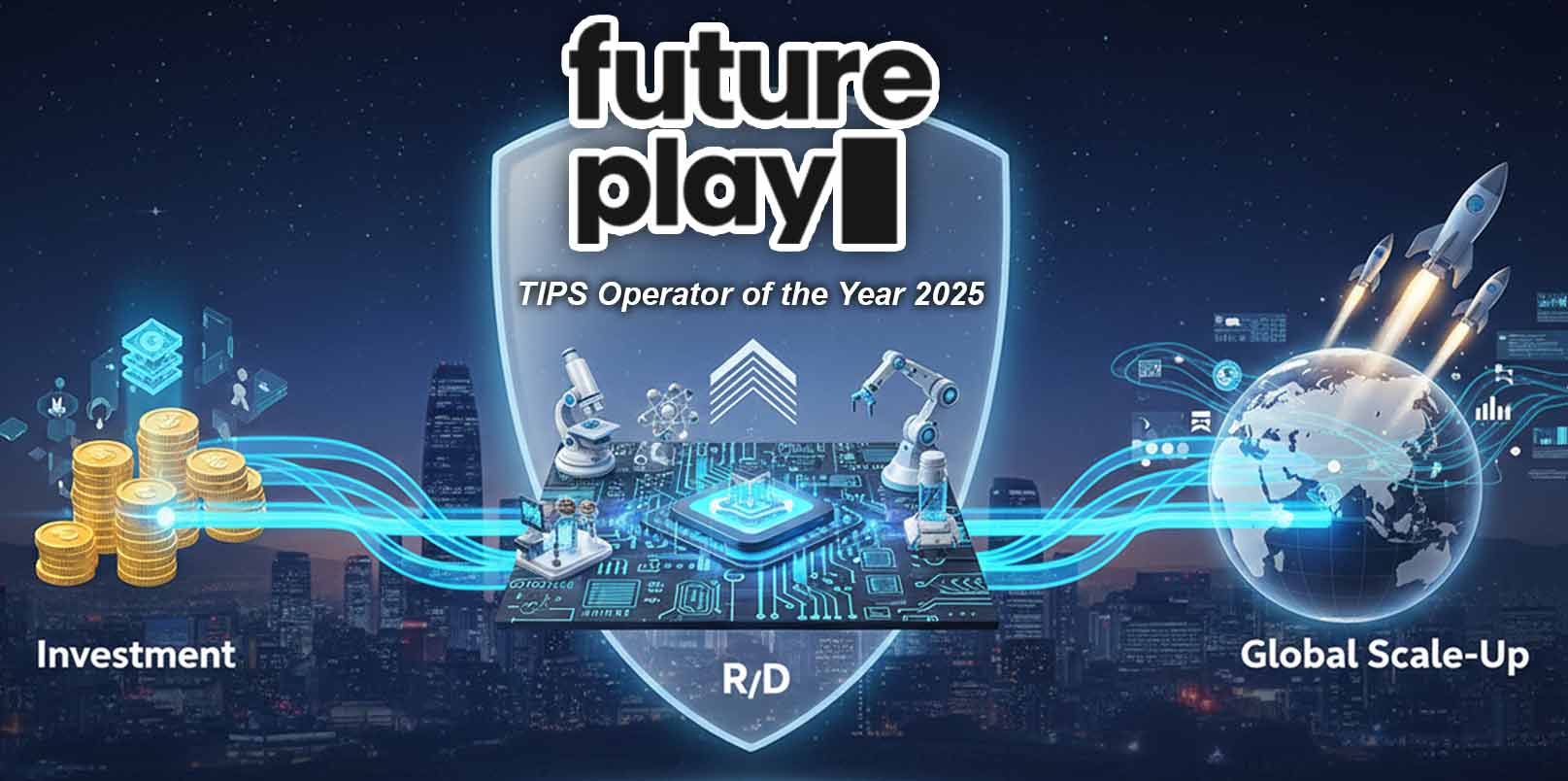The shipbuilding sector has seen its fair share of scientific, technological, and ship production advancements, which have allowed it to incorporate high-tech innovations in making sailing safer and more cost-effective. As a result, key marine countries worldwide are paying particular attention to innovative technologies that can advance the industry’s shipbuilding processes.
Korean shipbuilding startup Vogo has pioneered the aluminum shipbuilding market in Korea since 2000. Through its technology transfer from Sensation Yacht in New Zealand, the startup has produced many aluminum patrol boats for the Navy and Coast guard. Vogo also develops a submersible line of submarines, including Korea’s first submersible capable of operating both on surface and underwater. Its new eco-friendly liquid hydrogen vessels are set to revolutionize the marine industry by eliminating carbon fuel supply chains and making ships more friendly to the environment.
Eco-friendly liquid hydrogen ship manufacturing
Vogo has placed itself as one of the leading firms in the full cycle project of liquefied hydrogen in Gangwon-do, which is the 3rd Free Regulatory Zone project funded by the Ministry of Small and Medium Business Ventures. It manufactures eco-friendly ships using fuel cells, liquid hydrogen storage tanks, and electric motors. Hydrogen is produced by water and electricity and is re-used in generating carbon-free power. Vogo’s eco-friendly vessels are set to store liquid hydrogen at -253C and re-use it in powering the ship. The vessels will have several liquid hydrogen storage tanks made up of glass-fiber reinforced polymers. These polymers are extremely poor conductors of heat but are extremely strong, enabling it to maintain the low temperatures and shrink the hydrogen gas to 1/800th of its standard size. The eco-friendly vessels are expected to carry over 1,000m3 of liquid nitrogen in a single storage tank.
Vogo’s ships will use hydrogen as the primary fuel source in its internal combustion engines. The ships are equipped with fuel cells that generate electricity through electrochemical reactions between hydrogen atoms and oxygen to produce heat, electricity, and water. The fuel cell systems will act as a clean, quiet, and efficient power source for the ship’s electric motors.
Since these fuel cells generate electricity through electrochemical reactions instead of combustion, they achieve higher efficiencies than traditional energy production methods such as internal combustion engines and steam turbines. The cells are reliable as they don’t need to be recharged like batteries but will instead continue to provide electricity for the ship so long as it has its liquid nitrogen fuel source. Liquid hydrogen is already used in numerous transportation segments such as drones, ships, motor vehicles, and forklifts. The new hydrogen vessels are expected to speed up the de-carbonization of related industries. Vogo expects the sales of its eco-friendly ships to snowball this year through the high demand for more environmentally friendly fishing vessels and the high government subsidies for eco-friendly vessels.
Making strides
Launched in 1998 by Ae Young Jhon, the startup has received more than $1 billion in funding from domestic and foreign venture capitalists. The startup has also received numerous international accolades, including a medal from president Noh for its contribution to the national coastal security, Gangwon SMBA, DSEI, among others. Despite its numerous successes in the shipbuilding industry, the company is expanding its services to include eco-friendly smelting plants. Vogo recently partnered with Vogo ENP Indonesia to create eco-friendly smelting plants in Indonesia that use advanced hydrometallurgy technology to produce high-value-added products, including Nickel Hydroxide and Magnesium Oxide. With Vogo’s continuous R&D and high demand for eco-friendly vessels, the startup is set to become the world’s best small and unique purpose vessel manufacturer.
Read about Korean startups saving environment,
- Korean startup Foresys taking care of the Ocean through engineering and environment projects
- Three Korean startups that are putting the planet first
- World Environment Day: Korean startups that are helping live a cleaner & sustainable lifestyle
- Korean startup Oysterable striving to make the planet cleaner with its smart IoT waste recycling solution






